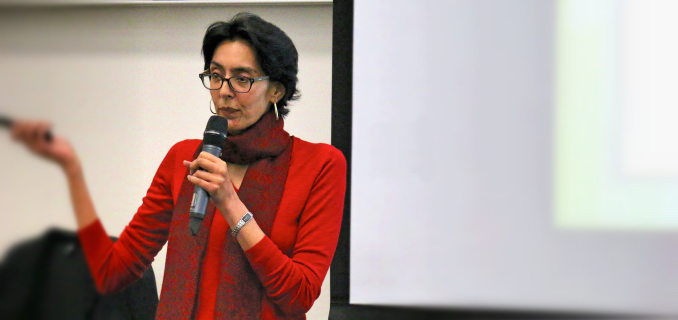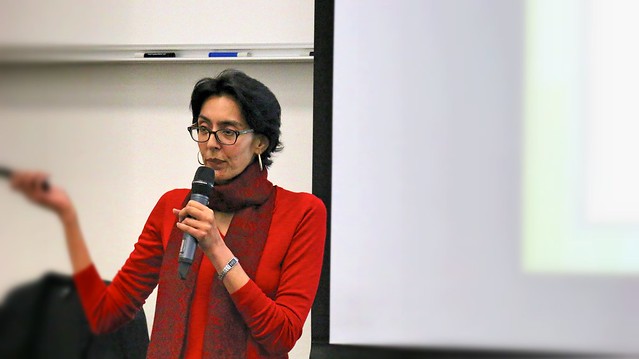Is the PDS Already a Cash Transfer? Rethinking India’s Food Subsidy Policies
SHARE THIS

| Sujata Balasubramanian (HKUST) | |
| Monday 2 March 2015 at 12:00 - 1:00 pm (Hong Kong time, GMT +8) | |
|
IAS2042, 2/F, Lo Ka Chung Building, Lee Shau Kee Campus, HKUST |
Abstract
Critics argue that India’s mismanaged Public Distribution System (PDS), which sells subsidized cereals to poor families, should be replaced by cash transfers. Others fear cash may be misused. Using National Sample Survey data, this paper demonstrates that families treat additional PDS subsidies wholly as a source of cash - exactly like a cash transfer. More worryingly, cereal consumption has not increased, despite higher real subsidies. Moreover, neither the PDS nor cash transfers are likely to raise total food expenditure in poor families. Finally, therefore, the paper explores how higher food consumption and other objectives of PDS subsidies may be achieved.
About the speaker
Sujata Balasubramanian is a Research Assistant Professor in the Division of Social Science. She received her Ph.D. in Political Economy and Public Policy from the University of Southern California. Sujata’s research explores how different kinds of programmes and government policies can help to reduce poverty and improve welfare in developing countries. In recent projects she has explored issues such as whether India’s food subsidy policies help to improve nutrition in poor households, and whether micro-credit programmes actually benefit the poor women they are targeted at. While Sujata’s current work focuses on South Asia, particularly India, one of her goals is to undertake collaborative research projects, involving a comparative analysis of other large developing countries (such as China, Indonesia and Brazil), with India. View her personal web page here.
Key Takeaways
Presentation Slides
Photos
Get updates from HKUST IEMS







